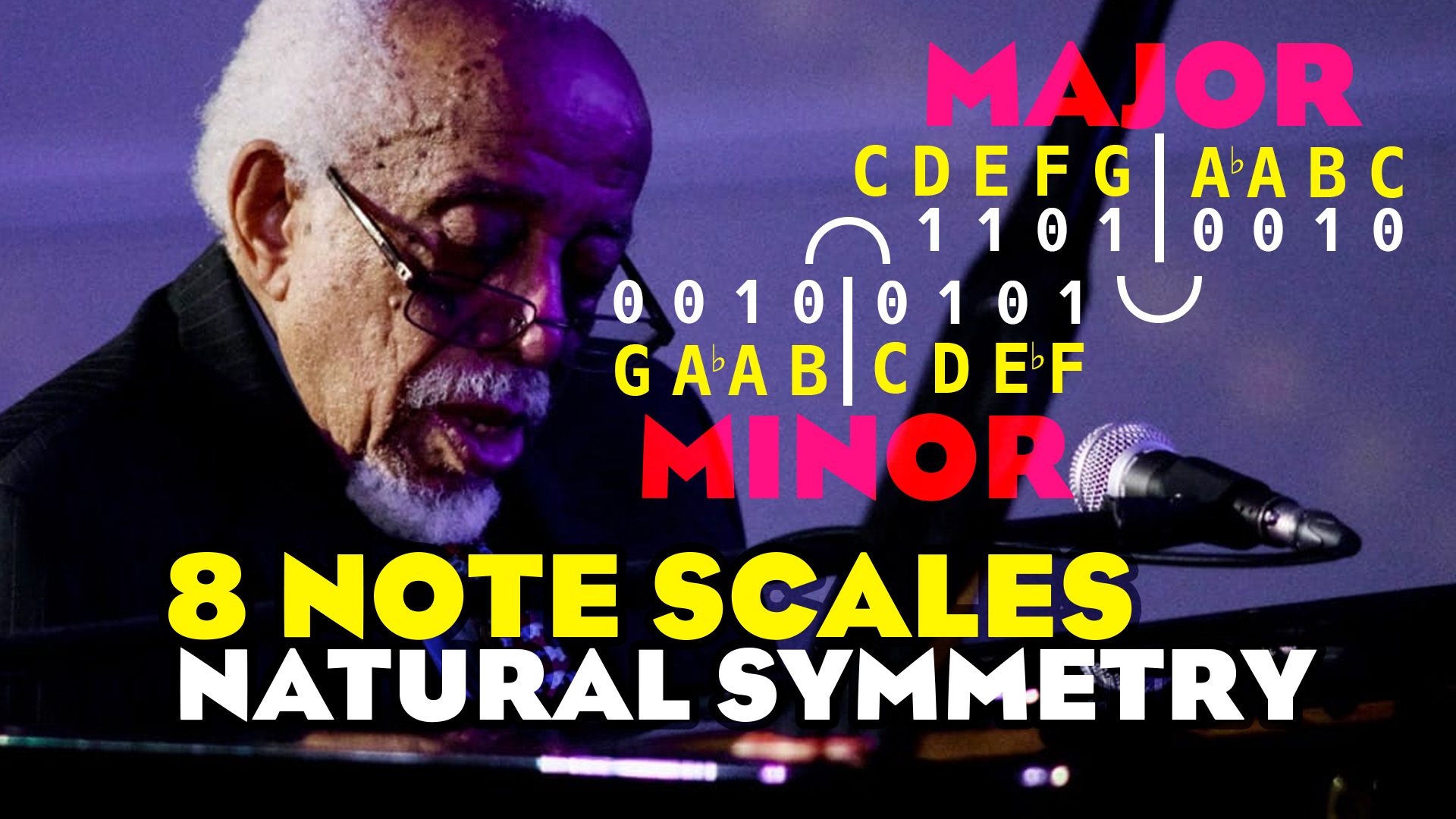
When looking at Barry Harris Half Diminished Scales in music theory, we see he adds a b6 to normal scales - both Major and Minor resulting with8 notes per scale. 🎵 Standard Major Scale Vs. Barry Harris T = Tone = 1 S = Semitone = 0 Standard Major 1 2 3 4 5 6


